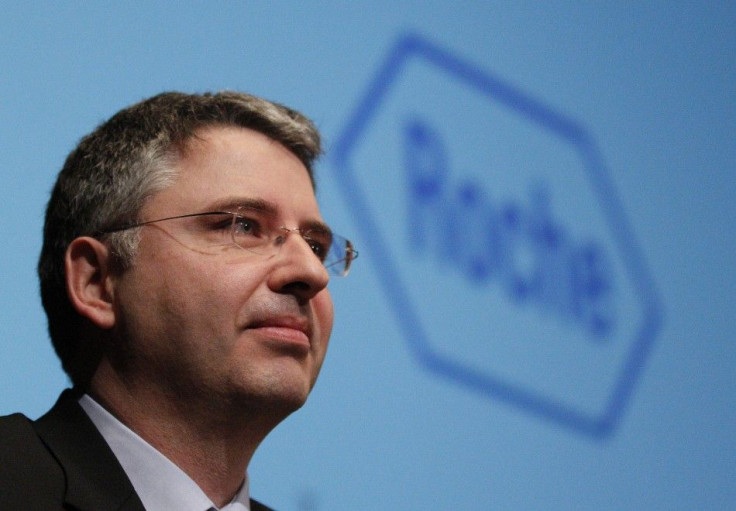Avastin maker appeals FDA decision on breast cancer drug

The fate of breast cancer drug Avastin rests in the hands of the United States Food and Drug Administration.
A two-day hearing over the so-called ineffective drug began Tuesday, while the agency heard from Roche-owned Genentech, Inc., maker of the drug, who urged the agency, along with patients, doctors, and advocacy groups, to reconsider a proposal to remove its February approval of the drug used to treat advanced breast cancer for further research.
Last month, Genentech released a statement that detailed the positive effects of the drug. When used with traditional chemotherapies, Avastin delays cancer progression and improves response, said the statement, which also offered lengthy arguments about how the clinical data should be interpreted.
The proposal came after an expert panel found symptoms of severe high blood pressure, bleeding and hemorrhage, the development of holes in the body, including the nose, stomach and intestines, and potentially heart attacks or heart failure, in women who took the drug. The recommendation did not affect the use of Avastin to treat other cancers, including colon and lung cancers.
The $8,000-a-month drug serves as a testimony for the lives of breast cancer survivors, advocates say. Although, Christine Brunswick, vice president of the National Breast Cancer Coalition, who was diagnosed with metastatic breast cancer, said, I can personally attest to how devastating this disease is.
Women deserve access to treatments that evidence proves effective and that have minimal side effects, said the group, in a prepared statement on Tuesday. Women deserve treatments that save lives. We understand how painful it is that we do not yet know how to cure metastatic disease.
In December 2010, the FDA told healthcare professionals and patients that it would remove its conditional approval of Avastin because the drug showed no signs of safety or effectiveness for treating breast cancer. However, the drug itself would not be removed from the market after the hearing Wednesday, which won't have an immediate impact on its use in treating breast cancer.
Janet Woodcock, M.D., director of the FDA's Center for Drug Evaluation and Research, agreed, After careful review of the clinical data, we are recommending that the breast cancer indication for Avastin be removed based on evidence from four independent studies. She added, Subsequent studies failed to confirm the benefit observed in the original trial.
After the FDA reviewed the results of four clinical studies of Avastin in women with breast cancer, the agency suggested that oncologists currently treating patients with Avastin for metastatic breast cancer use their medical judgment when prescribing the drug for breast cancer.
© Copyright IBTimes 2024. All rights reserved.





















